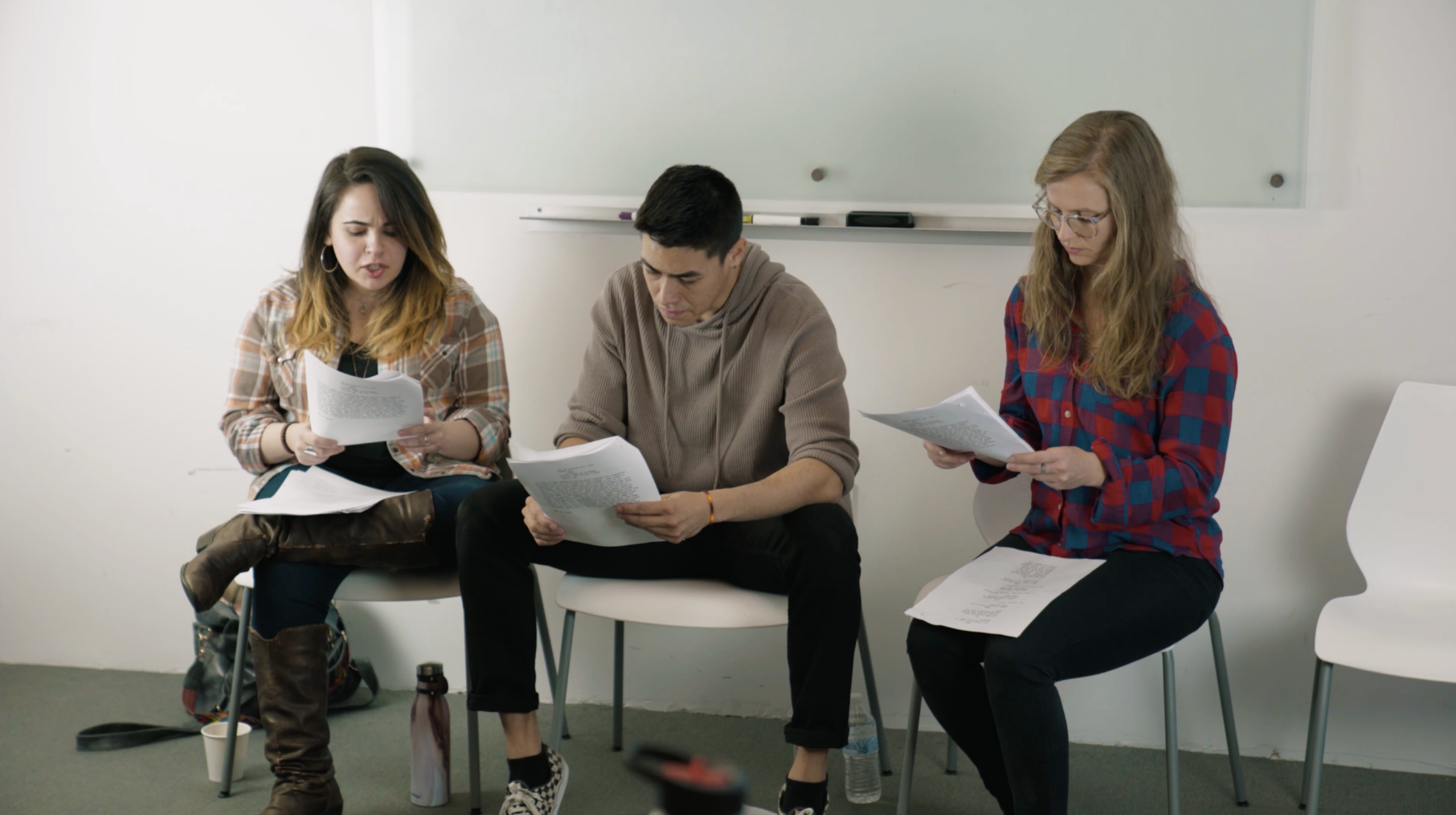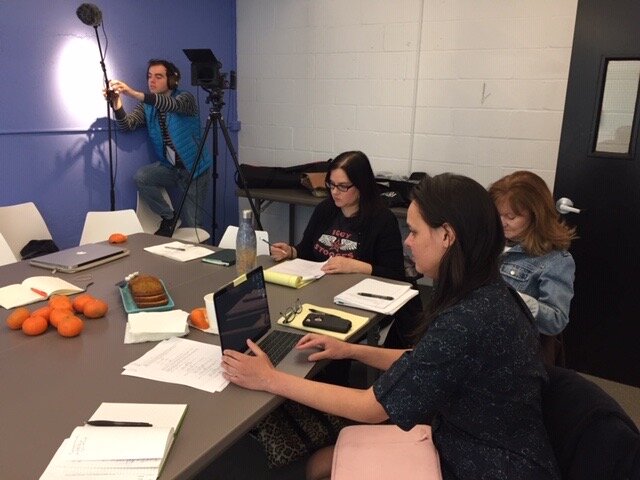Alexandra currently teaches at the M.A. in Writing Program at Johns Hopkins University to students in the fiction, non-fiction and science writing tracks. She has also taught screenwriting/playwriting in the MFA programs at Towson University, American University, The Writers Center and in various locations overseas.
JOHNS HOPKINS UNIVERSITY, MA IN WRITING PROGRAM
Readings and discussion in a small workshop setting set the stage for weekly critiques of student work, emphasizing elements such as character, scene, structure, historical connection and sense of place, whether the course is Memoir, Travel Writing or General Nonfiction. In all workshops students lead a discussion on an essay by a writer of their choice, focusing on one or two craft elements and then applying these elements in their own work. Underlying the workshops is the task of crafting compelling narrative essays with an eye to understanding how time and memory function in the recreation of a personal past and as a cultural construction.
Online Travel Writing
This online course was developed to provide a fully asynchronous format for students in the MA in Writing program at Johns Hopkins University. Designed to be taught on a continuous academic cycle, the course is divided into three distinct sections: Classical Travel Narratives, Contemporary Travel and Writing the Environment. Seeking to expand the definition of travel writing, weekly assignments range from developing short essays based on a series of walks inspired by Jean Jacques Rousseau, fine-tuning dialogue through a performative exercise of reading aloud a scene, writing about architecture, inspired by Italo Calvino’s Imaginary Cities and writing on environmental themes, particularly around the displacement of communities. The course seeks to embrace the online platform in a creative and inclusive way that addresses the need for interaction and community.
THE ART AND CRAFT OF SCREENWRITING, A YEAR IN FILM
This rich and intensive year-long Master Class in screenwriting and film is held at the Writers Center in Bethesda, Maryland and is limited to twelve students to provide an MFA level of discipline and rigor. A typical class is divided between a craft lecture, film discussion and the workshopping of pages. Craft discussions include but are not limited to filmic structure, character development, scene dynamics and dialogue. The course emphasizes weekly writing exercises to both fine tune craft skills and establish a memory-bank of character sketches that are added to and drawn from throughout the year. Workshopping routinely involves the casting of parts and reading scenes aloud prior to a class critique. At the halfway point, students work with local actors to do character and scene breakdowns as well as to experiment with different line deliveries. Presentations by guest screenwriters/producers offer guidance on taking the screenplay into production.
REPLAY ARTS FESTIVAL, MANIPUR, NORTHEAST INDIA
A group of over one hundred journalists and filmmakers attended this screenwriting workshop held during a government-sponsored arts festival known as Re-Play. Against the backdrop of Manipur’s decades-long insurgency from India, the screenwriting workshop incorporated themes relating to human rights using an interdisciplinary approach to narrative structure. Drawing upon literature from Manipur, the course emphasized themes of heritage and memory as a means to develop scripts with a unique personal aesthetic. Throughout the festival, students teamed up with dancers, videographers and documentary filmmakers, in an effort to bridge a translation of Manipuri culture into visual stories for the world market.
BORDER STORIES, AMMAN, JORDAN
In a culture where oral history has presided over literary expression, the focus of this screenwriting workshop was on memory, namely how memory functions in the creation of a narrative. Sponsored by a grant from the Royal Film Commission (RFI) one of the overarching themes developed during the workshop was the issue of borders, both personal and political. These “border-stories” evolved through the staging of life experiences, written with the help of acting exercises, role playing and dialogue prompts. The workshop culminated in a series of readings that took place at the RFI. Some of the students went on to develop the scripts into short films through the Med Film Factory, a program sponsored by the RFI for Arab filmmakers from throughout the Arab world.
FROM TEMPLE ART TO PERFORMANCE ART: DIASPORA ART OF SOUTH ASIA
This interdisciplinary class on the literary, performing and visual arts of South Asia focused on the work of South Asian diaspora artists. Working with themes of dislocation and transformation, students studied architecture, read plays, novels and watched films, investigating how the past is reinterpreted for the diaspora. Threaded into the class were guest lectures and workshops from a South Asian novelist, dancer, playwright and screenwriter. The class culminated in a series of new plays and theatrical dance pieces, developing themes around the idea of “home,” and migration and presented to a university audience.
RAWI SCREENWRITERS LAB, AMMAN JORDAN
Every summer over a three year period, I spent several months working to provide a critical assessment of screenplays from across the Arab world. This assessment was on the basis of craft, originality and story fluency. The criteria determined eligibility for a writing lab that was sponsored through Jordan’s Royal Film Commission in consultation with the Sundance Institute. For months, I read four to five screenplays a week, writing critiques and preparing for group discussions. At the end of this vetting process, we interviewed the selected candidates. One day, we were interviewing a talented young screenwriter from Iraq. Over Zoom, we could hear the sound of gunshots as he begged us to consider his script. I remember him shouting, “You can hear it, can’t you?”







